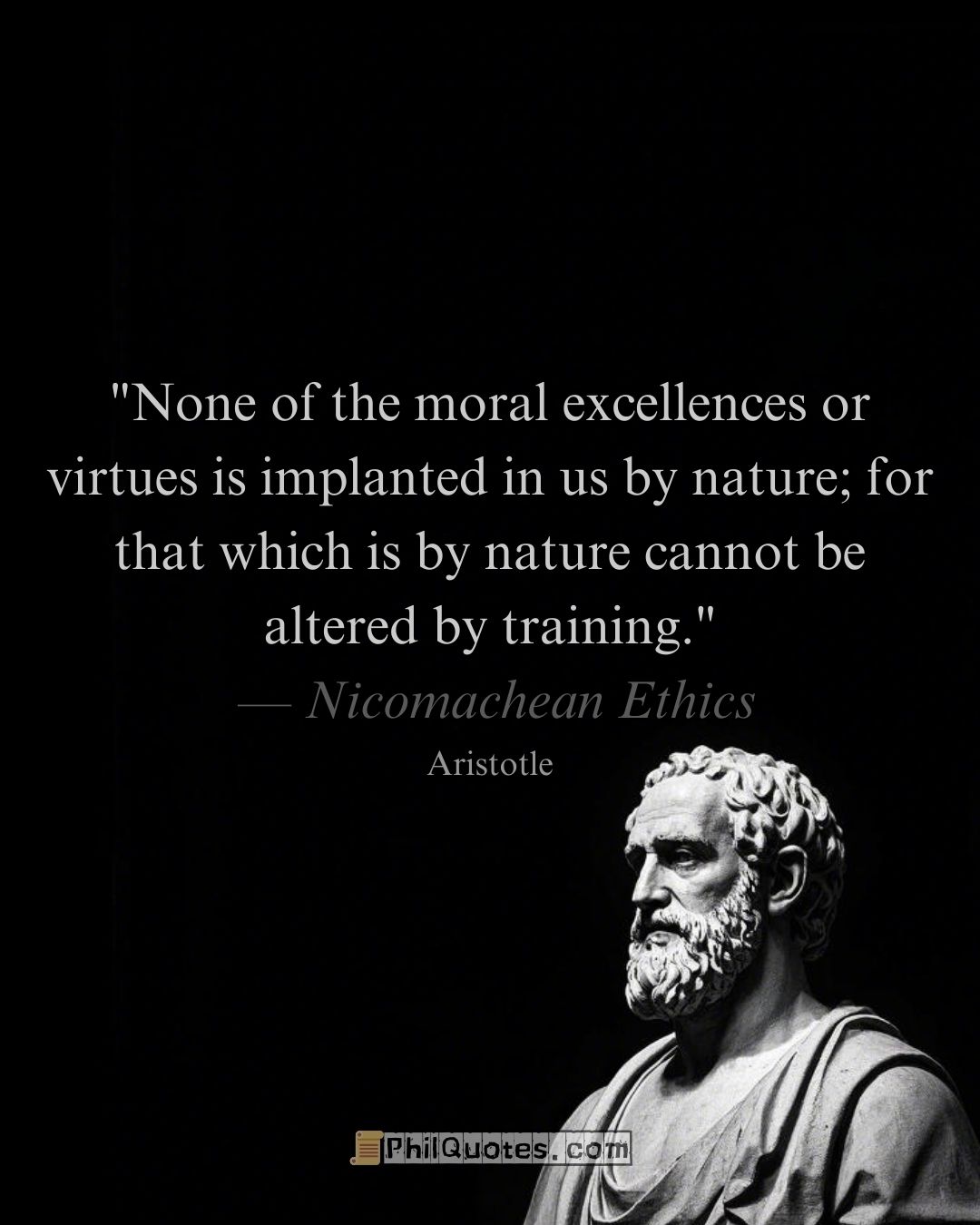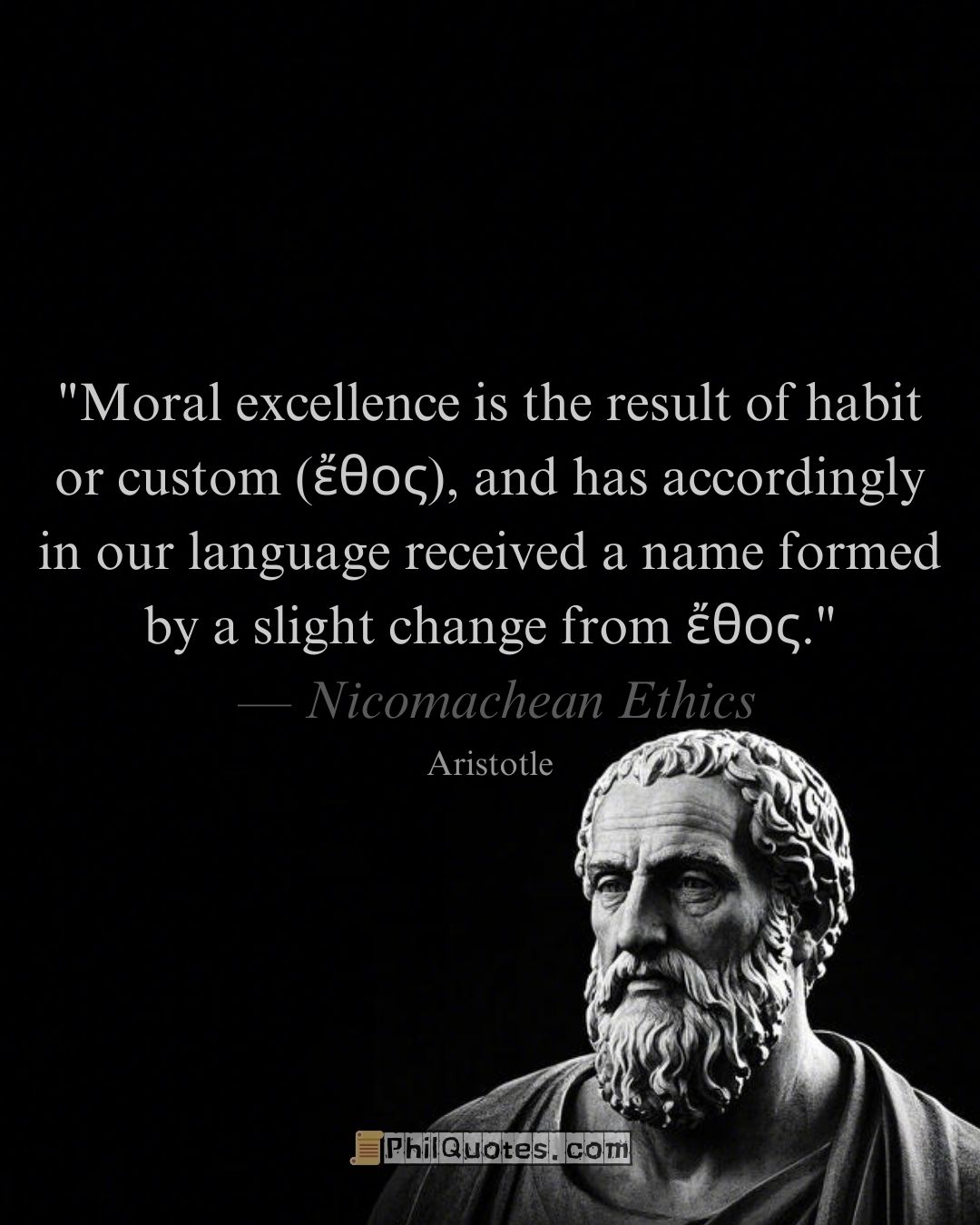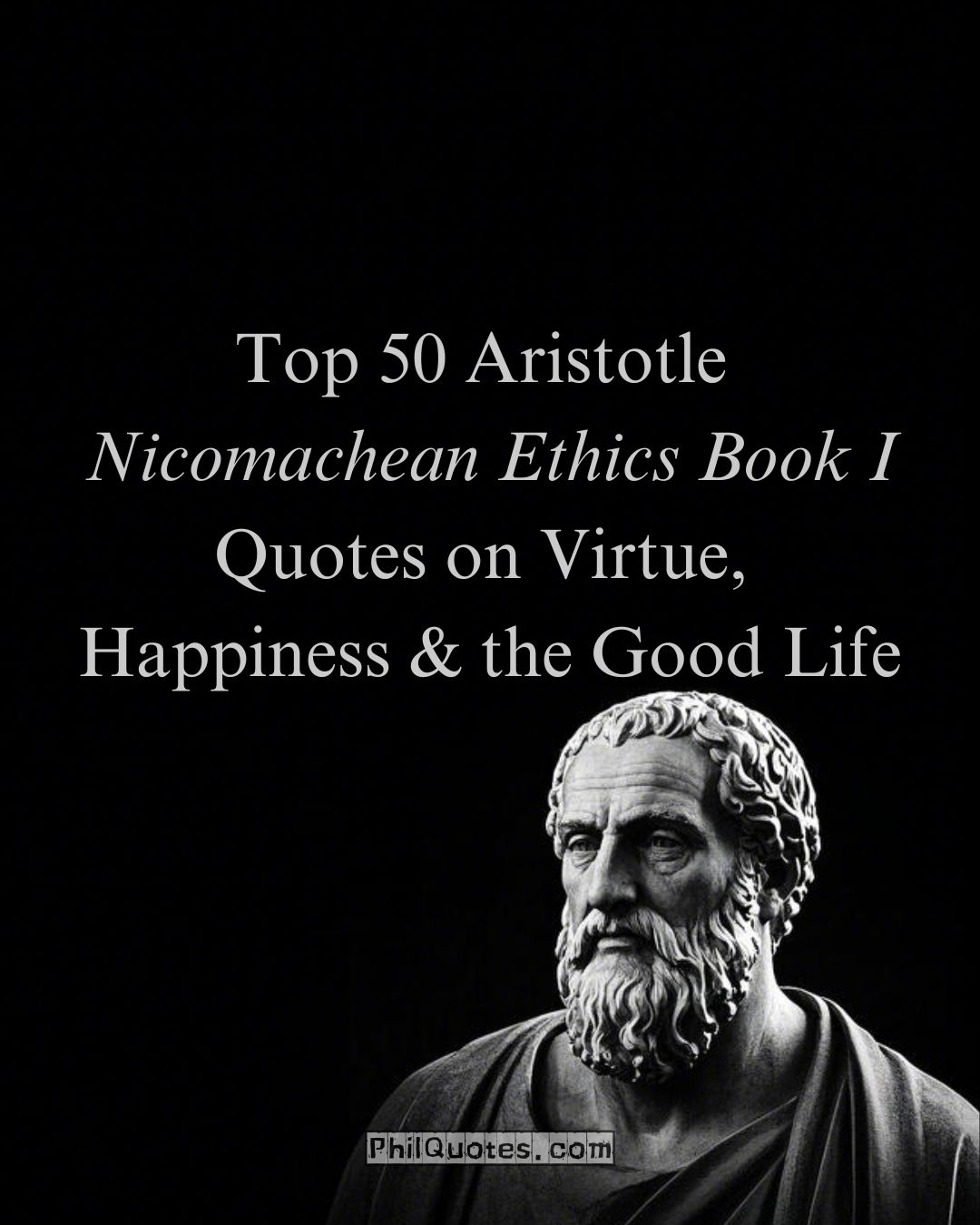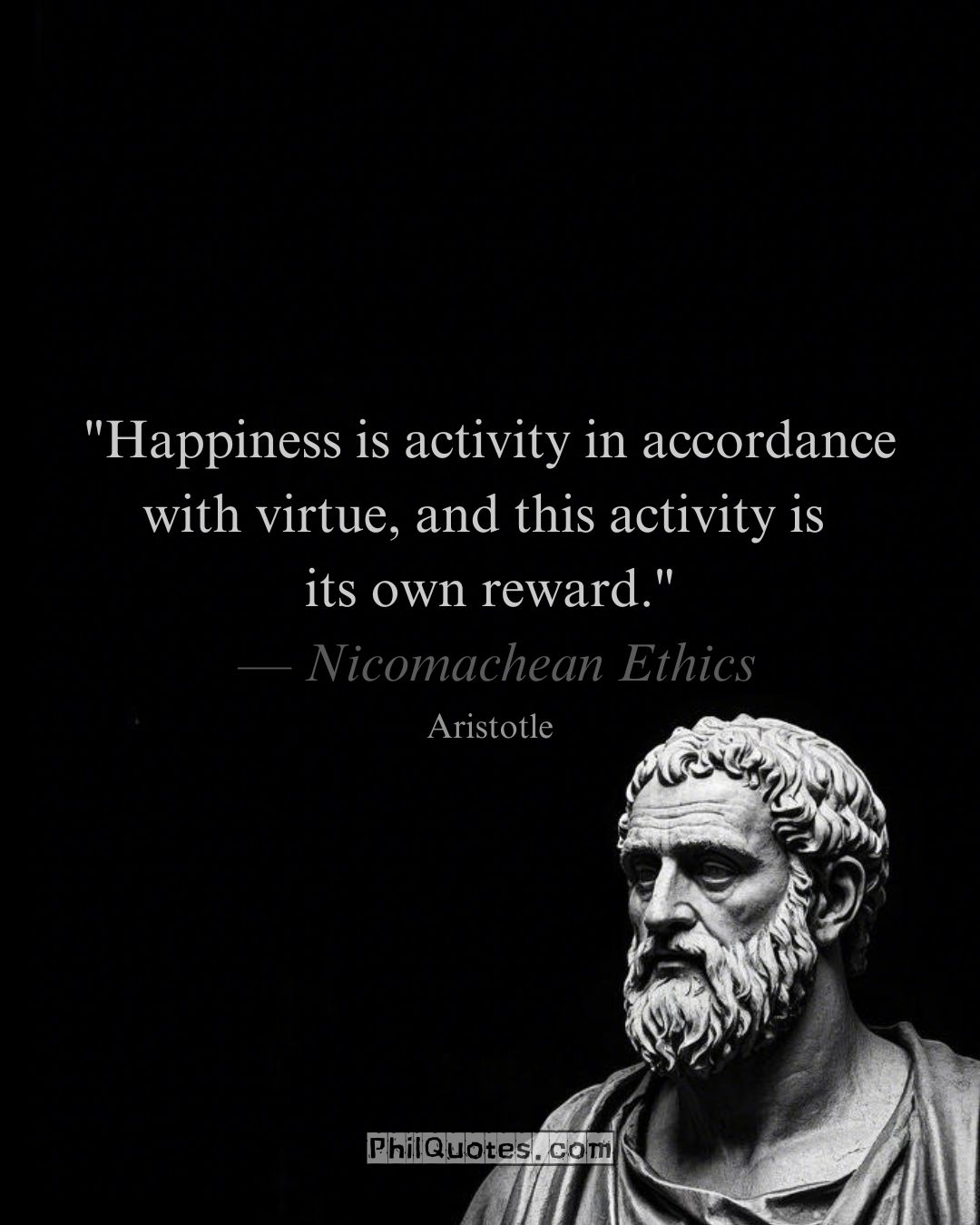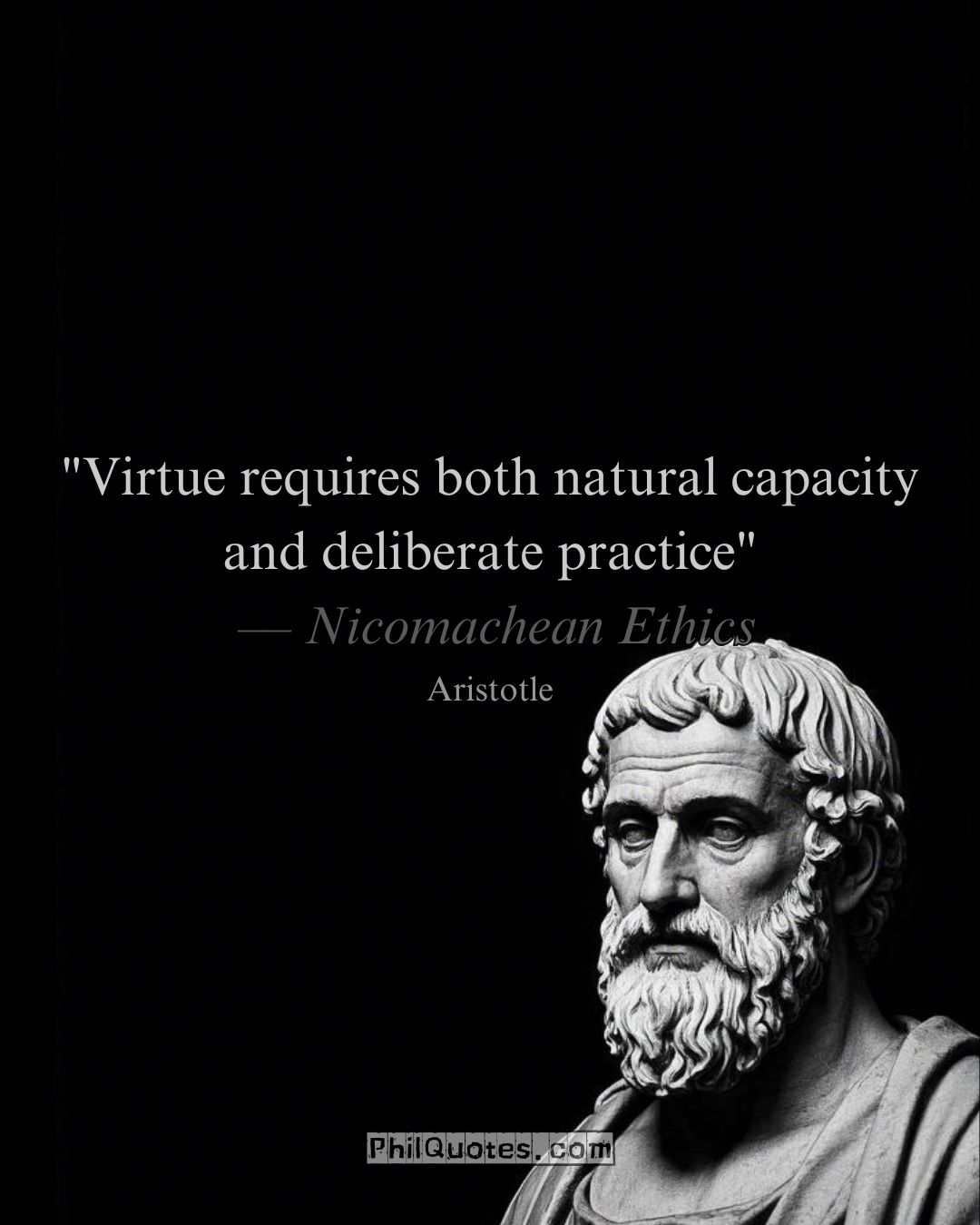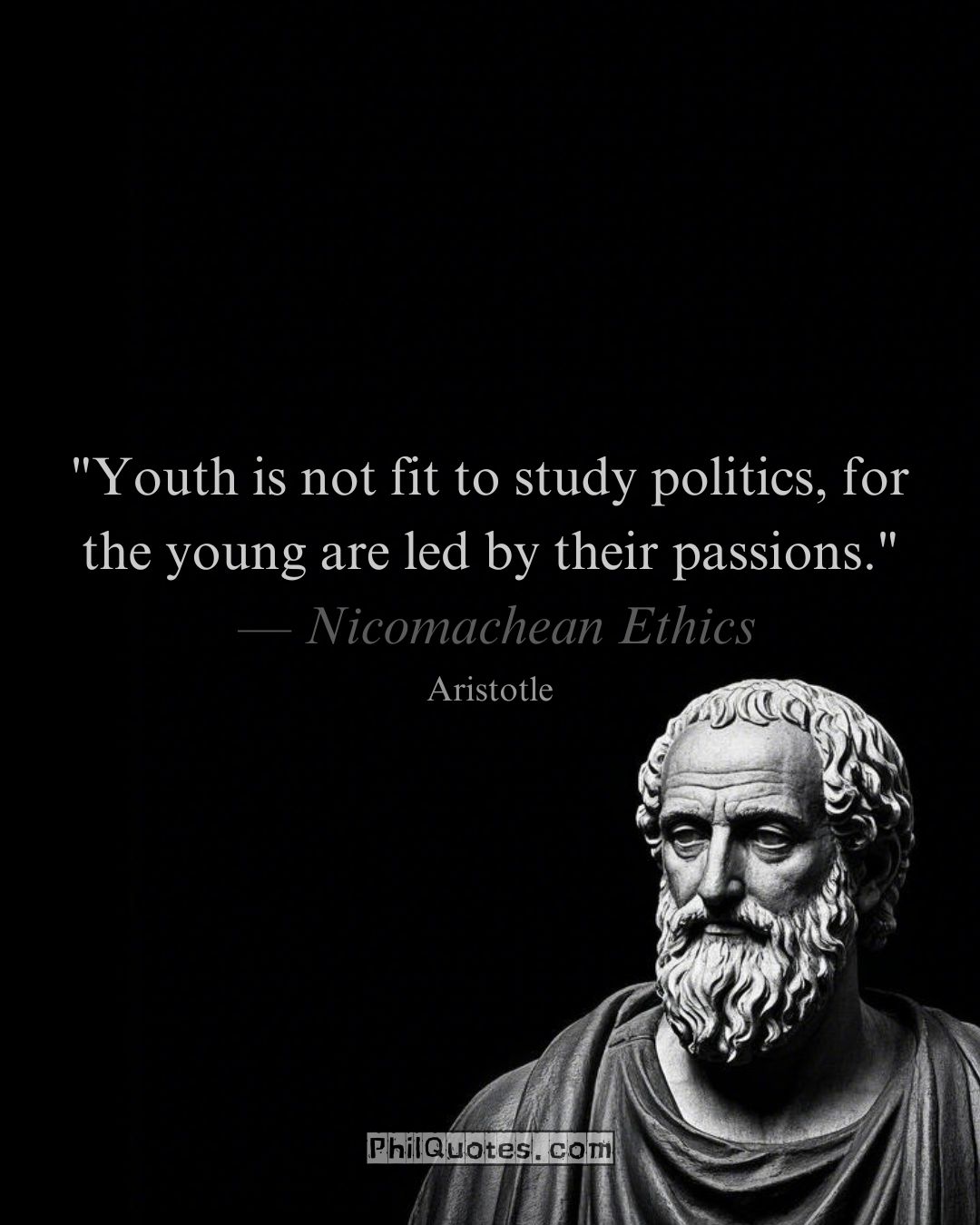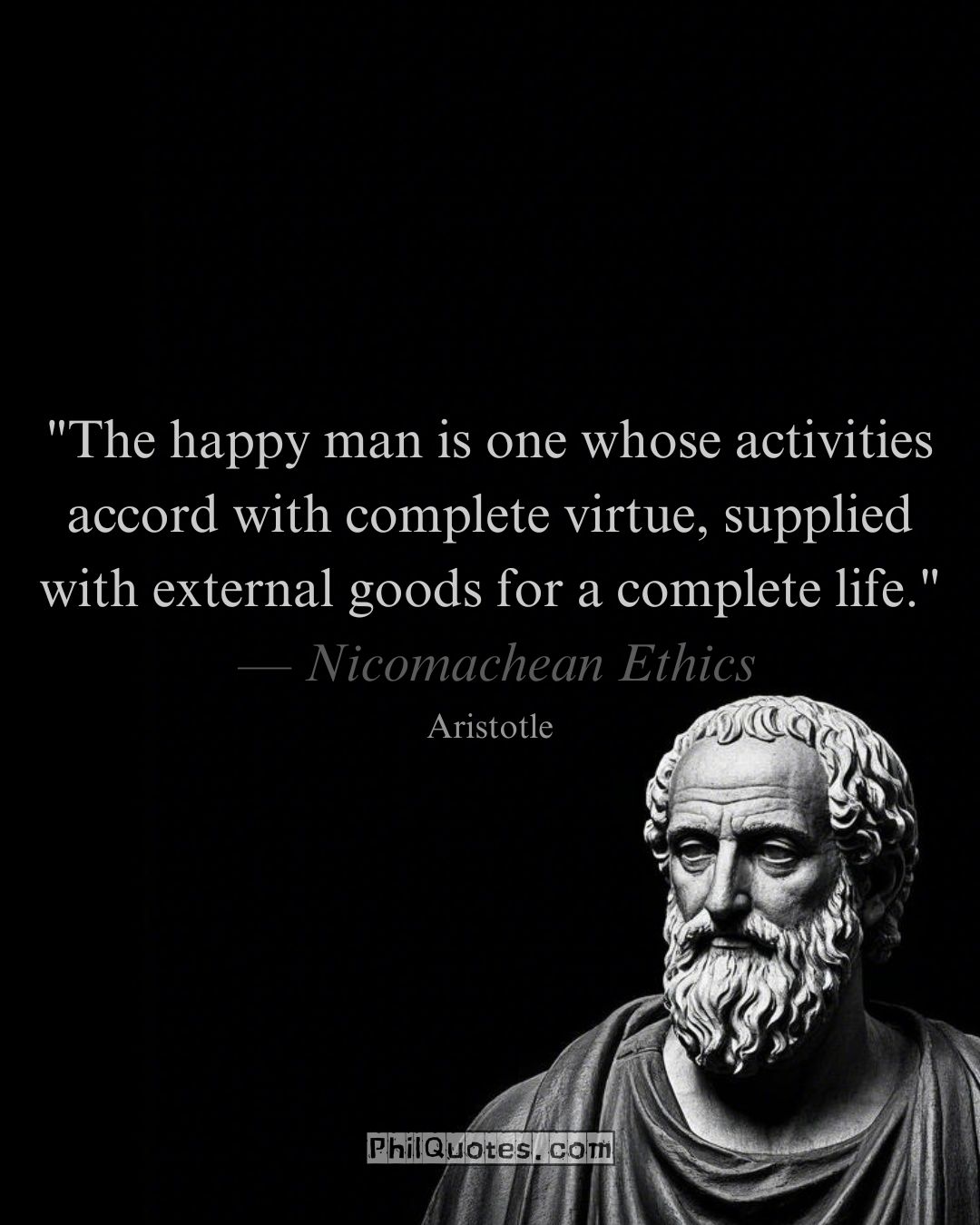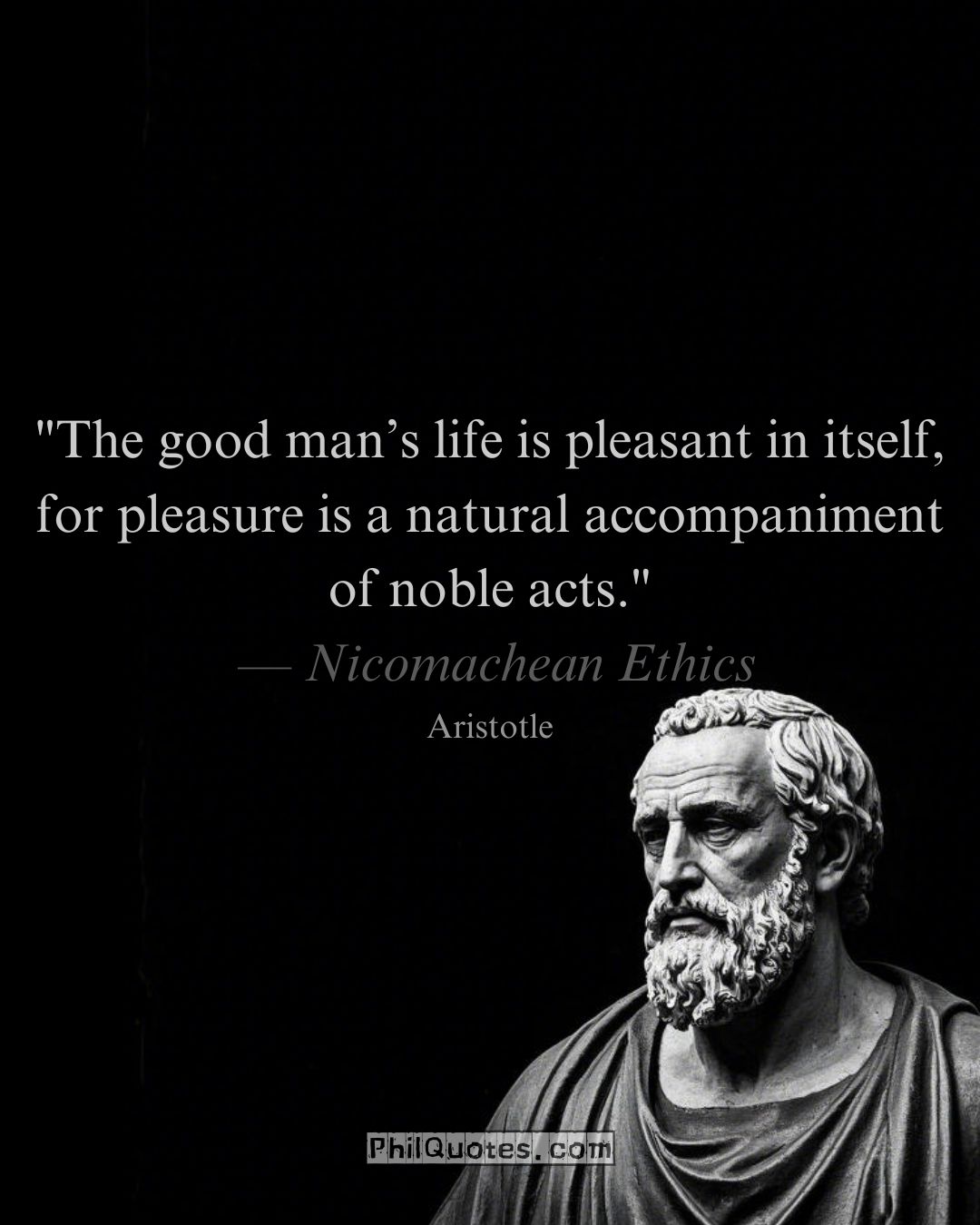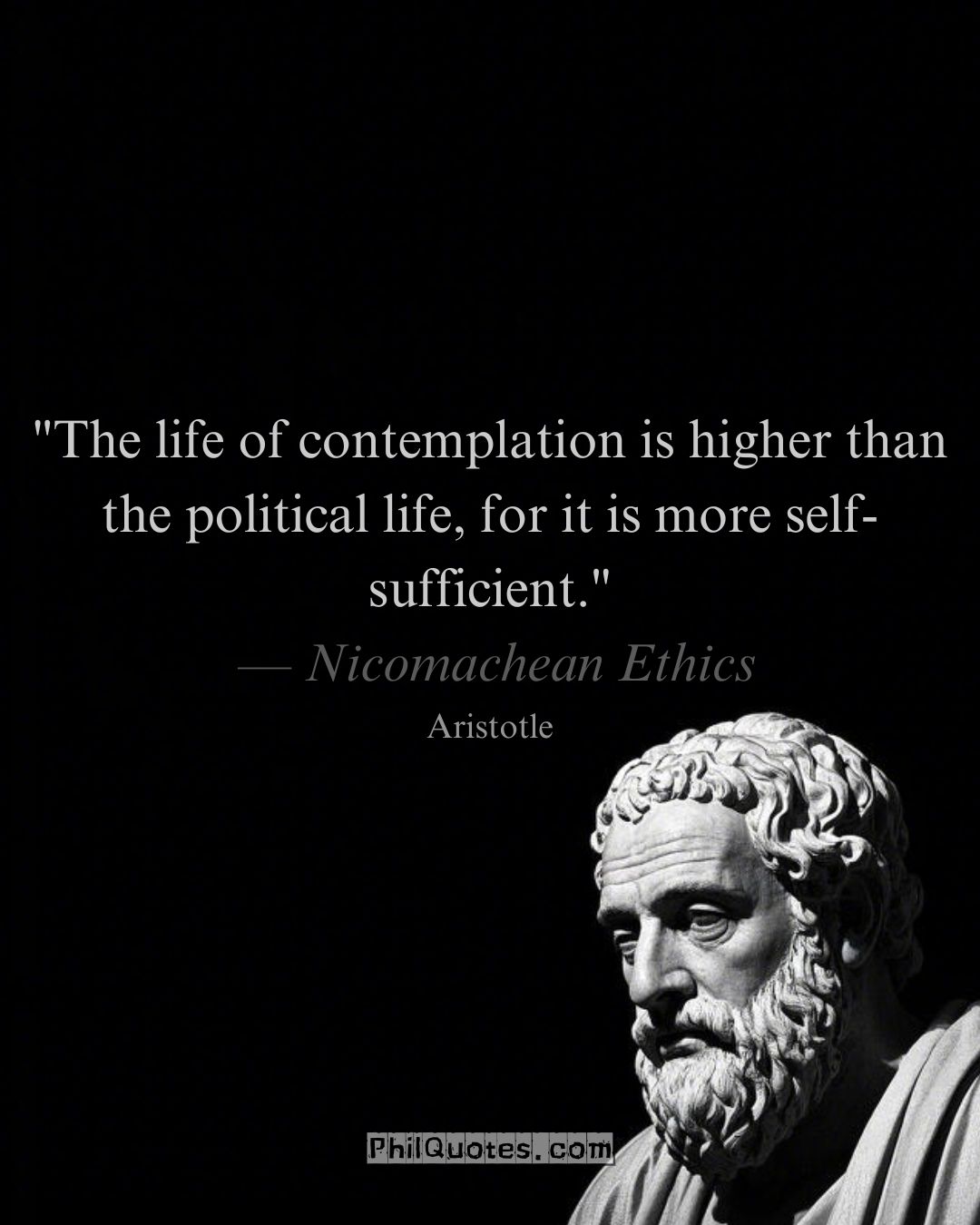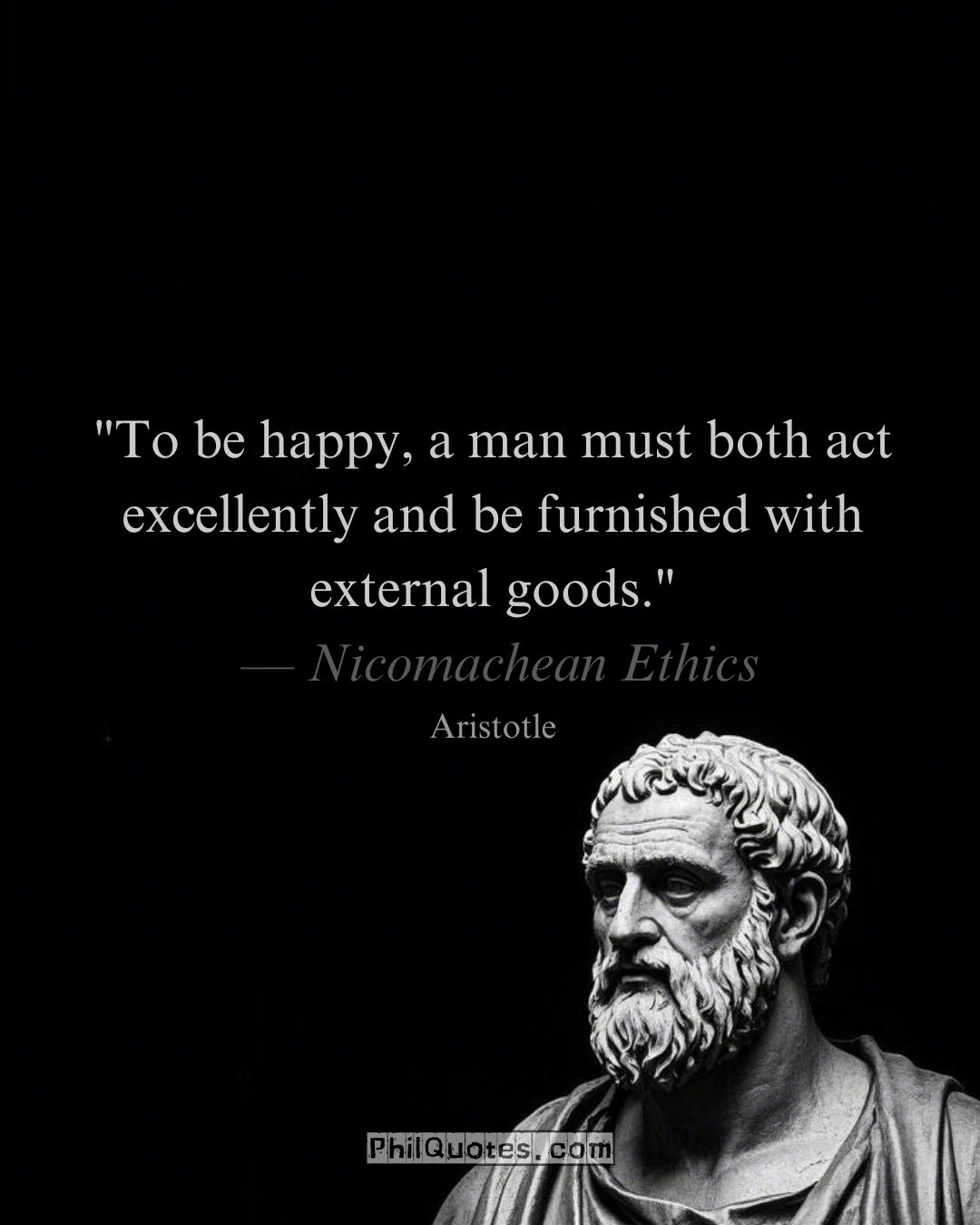Aristotle Nicomachean Ethics Quote: “None of the moral excellences or virtues is implanted in us by nature; for that which is by nature cannot be altered by training.”
Quote“None of the moral excellences or virtues is implanted in us by nature; for that which is by nature cannot be altered by training.”— Aristotle, Nicomachean Ethics, Book II, Chapter 1 Core Idea Virtue isn’t a genetic gift – it’s a skill forged through practice. Just as a soccer player masters dribbling through drills, we … Read more
